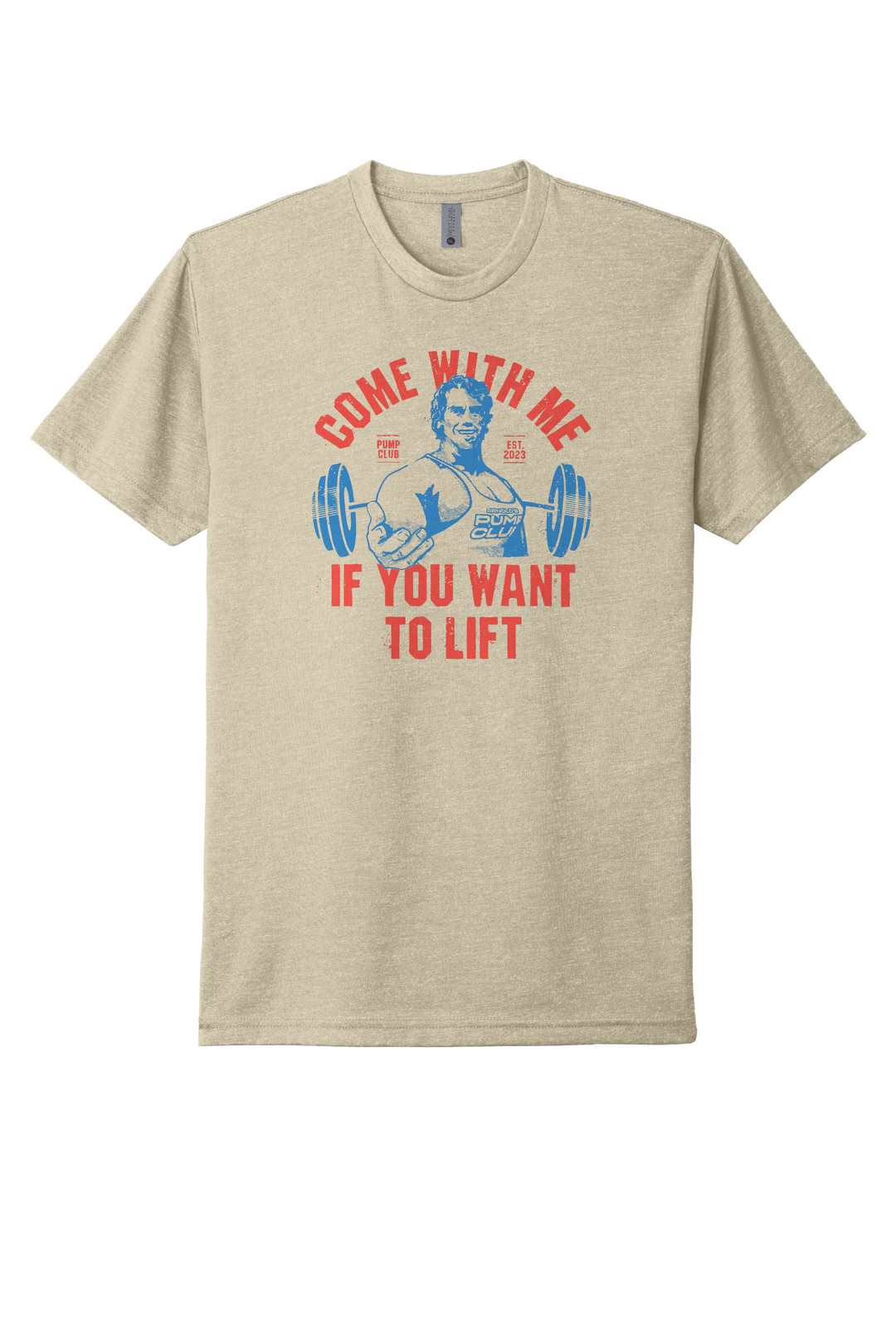Welcome to the positive corner of the internet. Every weekday, we make sense of the confusing world of wellness by analyzing the headlines, simplifying the latest research, and offering quick tips designed to make you healthier in less than 5 minutes. If you were forwarded this message, you can get the free daily email here.
Today’s Health Upgrade
Grill up your sausages and, most importantly, surround yourselves with friends and family. Happy Labor Day!
The 3-day diet
You’re speaking my language
Are weekend workouts enough?
Fact or fiction
Arnold’s Podcast
Want more stories from Arnold? Every day, Arnold’s Pump Club Podcast opens with a story, perspective, and wisdom from Arnold that you won’t find in the newsletter. And, you’ll hear a recap of the day’s items. You can subscribe on Apple, Spotify, Google, or wherever you listen to podcasts.
Nutrition
The 3-Day Diet
Most diets provide a laundry list of rules you’re told you must follow to see results. But decades of research show that one rule matters more than all others:
If you want great results, focus on consistent behaviors rather than obsessing about specific foods.
Studies have compared dramatically different diets, similar diets with slight twists, and even low-carb vs. low-fat — and the results are always the same: the plan you can adhere to best (and longest) is the one that delivers the changes you want.
And now, a new study has shown how consistency—not perfection—can lead to incredible body changes while still allowing flexibility.
In the latest research, scientists found that intermittent fasting for just three days each week had significant benefits.
To be clear, this study did not compare intermittent fasting to other dieting styles. Instead, it was about seeing if small changes done repeatedly lead to results.
Participants were assigned to limit their eating to 6- or 8-hour windows during the day and fast for the other 14 to 16 hours, including the fasting that occurs during sleep. However, they only had to fast three times per week. On the other four days, they could eat whenever they wanted.
After three months of following this partial, intermittent fasting protocol, participants lost up to four percent of their body weight and significantly improved their blood sugar and blood lipid levels.
They didn’t need to follow their dietary plan 24/7 to see benefits. Sure, some people may do well by taking an all-or-nothing mentality because it helps them be consistent. But that might not be sustainable for everyone. It’s more effective for most people to focus on lifestyle changes you can stick with.
So whether you want to fast, cut down on carbs or fats, or follow other dietary plans, it’s how well you can maintain the behaviors that matter most.
Together With Babbel
You’re Speaking My Language
If you want a healthier, younger brain, it’s time to learn the language of neuroplasticity — or your brain’s ability to adapt and create new connections.
Research has found that learning a new language strengthens your brain by improving neuroplasticity, boosts creativity and memory, and even improves decision-making and conflict resolution.
If learning a new language sounds like too much, it’s not as complicated as it sounds. Since we started The Pump Club, thousands of members have decided to prioritize their brain health by investing as little as 5 or 10 minutes a day — and it works.
So, if you’re ready to stretch your comfort zone, don’t make the most common mistake. If we’ve learned anything, whether adding hundreds of pounds to your bench press or building a new mindset, the right teacher can remove any barrier. That’s why we recommend using Babbel, which will help you learn a language faster than you thought possible.
Babbel provides valuable tips and cultural knowledge so you can have a higher level of comprehension and better understand the words you’re learning and the places you’re headed this year. Pretty soon, you’ll be bartering in Italian or asking for another margarita in Spanish.
Right now, Babbel is offering its biggest discount ever. Enjoy 67% OFF while their Labor Day Sale lasts! You can even enjoy massive savings on language learning with Babbel’s lifetime subscription.
We love great brands with deep purpose, and we appreciate how Babbel is giving the gift of language and learning. We think you’ll be surprised by how quickly you can pick up and start speaking a language in as little as three weeks.
Reader Q&A
Are Weekend Workouts Enough?
From the Village: “I want to go to the gym on weekdays, but I struggle to make the time. Can I still make progress if I only exercise on the weekend?
First, remember that you don’t always need a gym to prioritize your health. Short bursts of activity — also called exercise snacks — can improve cardiovascular health, build strength, and prevent disease.
Research has found that 3 to 4 short, intense bursts of physical activity per day — think sprinting up the stairs for 1 minute or doing as many pushups or bodyweight squats as you can — was associated with up to a 40 percent reduction in death from all causes and up to a 49 percent reduction in death from cardiovascular disease.
Beyond finding time for a little daily movement, a weekend warrior approach is more effective than you might think.
Recent research suggests you can see as many health benefits from training once or twice per week as spending more days exercising — if you perform longer workouts.
The scientists reviewed workout data from nearly 90,000 participants and tracked their health outcomes over six years. The scientists found that being physically active one to two days per week is just as good for cardiovascular health as spreading the same amount of physical activity evenly throughout the week.
Specifically, those who trained once or twice per week — but hit the recommended 150 minutes of moderate-intensity activity — saw a 22 percent lower risk of atrial fibrillation, 27 percent lower risk of myocardial infarction, 38 percent lower risk of heart, and a 21 percent lower risk of stroke compared to the less active group.
These findings don’t necessarily mean you can gain strength or muscle as quickly by training once or twice per week, but your body will still improve if you are consistent. It’s a great reminder that something is better than nothing.
Fact Or Fiction:
Pre-Exhaustion Helps You Build More Muscle
There’s an old bodybuilder technique known as “pre-exhaustion,” where you use a lightweight set (or sets) to exhaust a muscle (usually with an isolation movement) before doing your heavier sets (more compound, multi-joint exercises).
The method has been used for decades but rarely tested by scientists, except for a few studies. Some swear by it — and others suggest it creates fatigue without any benefit. But now, we finally have more clarity about how well it works.
A new study comparing pre-exhaustion to drop sets and traditional sets found that doing the higher-rep fatiguing sets before your main exercise did not support more muscle growth.
In fact, you could argue that the pre-exhaust method was the least effective of the three methods. Your best bet is to maximize intensity and push your body the hardest earlier in your workout when fatigue is lowest. By adding pre-exhaustion, you might feel more of a pump, but you’re also reducing the amount of motor units you can activate, which could limit muscle growth or strength.
—
Publisher: Arnold Schwarzenegger
Editors-in-chief: Adam Bornstein and Daniel Ketchell























































